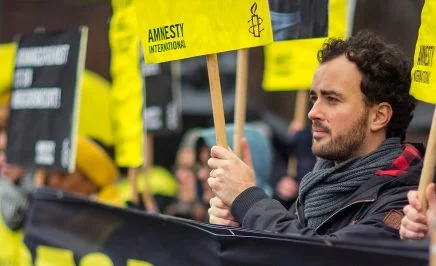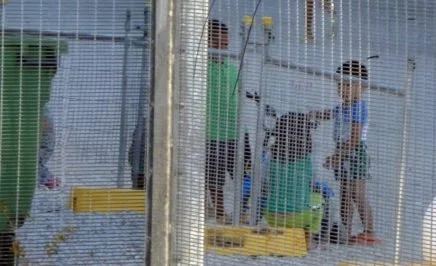The detention of Ruslan Sokolovsky, a Russian blogger from Yekaterinburg (Urals region) who was sentenced to administrative arrest for two months after posting a video of himself playing Pokémon Go in a church is a farcical attack on freedom of expression.
“The absurdity of the case of the Russian blogger jailed for playing Pokémon Go in a church highlights what happens when authorities hold the freedom of expression in such low regard. Even if Sokolovsky’s behaviour may have been regarded as disrespectful by some, states should not be jailing people simply for offending religious sensibilities,” said John Dalhuisen, Director for Europe and Central Asia at Amnesty International.
“Even if Sokolovsky’s behaviour may have been regarded as disrespectful by some, states should not be jailing people simply for offending religious sensibilities.”
John Dalhuisen, Director for Europe and Central Asia
Ruslan Sokolovsky was arrested under charges of “preventing the realisation of the right to freedom of conscience and religion and incitement of hatred” on 3 September.
Background
Ruslan Sokolovsky was arrested under the so-called “blasphemy law” adopted in 2013 as a response to the political performance by members of the Pussy Riot punk group in the central cathedral in Moscow. The law criminalised actions that offend believers’ feelings, and signified a further encroachment on freedom of expression in Russia. Sokolovsky deliberately came to play Pokémon Go in the church on 11 August following a warning made earlier on Russian state television not to catch “pokémons” at religious sites or in proximity to the state border or face criminal charges. If convicted, under the “blasphemy law” Sokolovsky may be sentenced to up to 5 years in prison.





